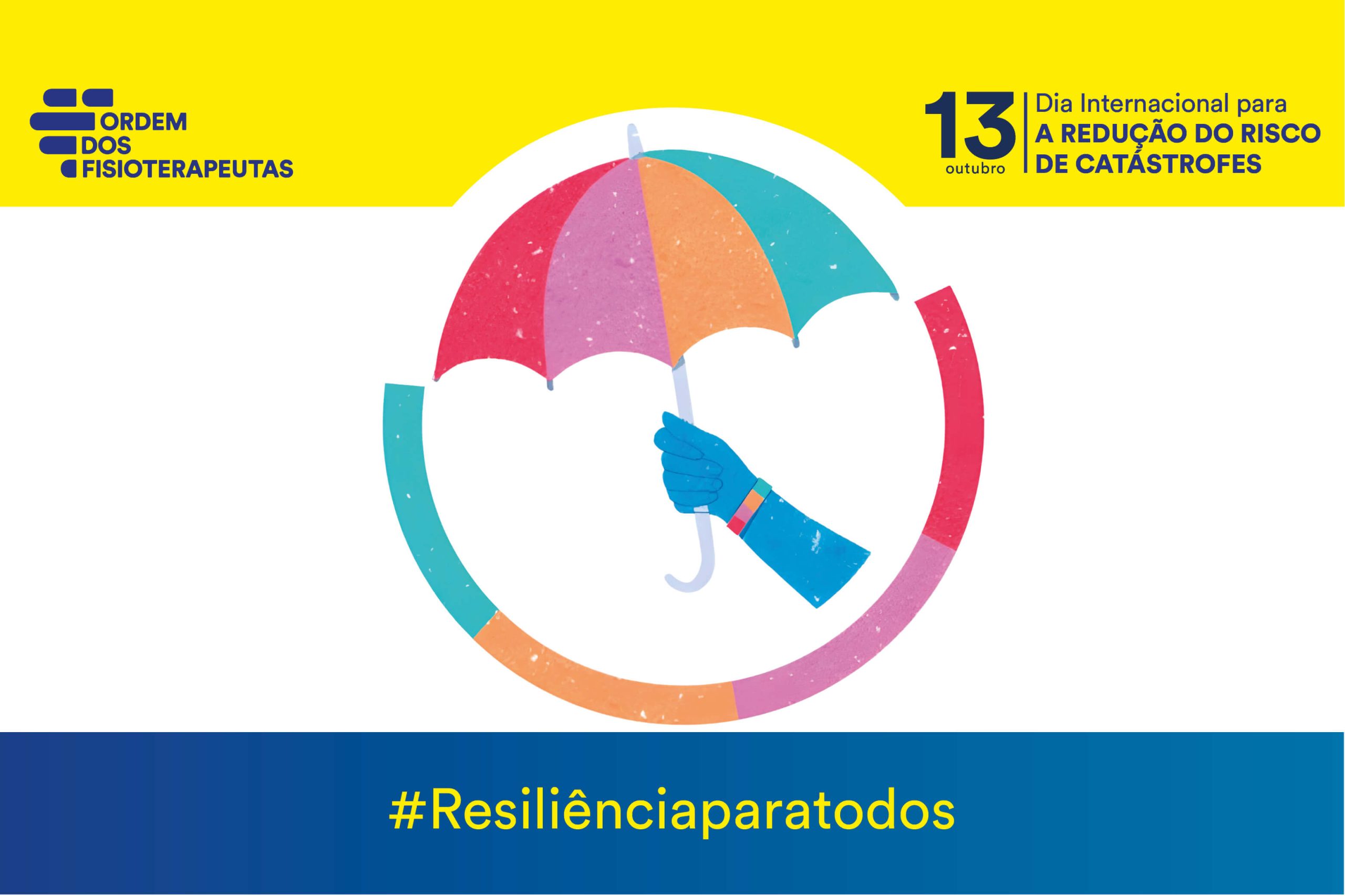On the International Day for Disaster Risk Reduction, marked on 13 October, the United Nations Office for Disaster Risk Reduction emphasises the importance of "Financing resilience, not disasters", stressing the urgent need to invest in risk prevention and mitigation to avoid human, social and economic losses in the future. In this context, the Order of Physiotherapists emphasises the role of physiotherapy in the humanitarian response and in the recovery of affected populations.
In a world increasingly vulnerable to extreme phenomena, investing in prevention, planning and professional training means investing in lives. The United Nations' "Global Assessment Report on Disaster Risk Reduction 2025" estimates that the direct annual costs of disasters exceed 202 billion dollars, but that the real impact could amount to 2.3 billion dollars a year - a figure eleven times higher than that officially recorded.
Despite the magnitude of these figures, investment in disaster risk reduction (DRR) remains insufficient, both in national budgets and in international assistance. The United Nations is therefore calling for a paradigm shift: finance resilience today to avoid paying for disasters tomorrow.
Physiotherapy, as a health science centred on movement and functional recovery, has a decisive role to play in building societies that are more resilient, inclusive and prepared to face the unexpected.
In addition to clinical intervention, physiotherapy contributes to community resilience by supporting multidisciplinary teams in disaster preparedness and response plans, ensuring that healthcare and rehabilitation remain accessible and sustainable, even in crisis contexts.
As the Secretary-General of the United Nations, António Guterres, emphasised, "resilience must be rooted in the foundations of development", a message that takes on particular relevance in a global context of climate emergency and inequality of resources.
Promoting resilience starts with small gestures of preparation. That's why the Order of Physiotherapists shares the information leaflet "Physiotherapy in Emergency Settings"with simple guidelines to reinforce the safety and autonomy of families in critical situations.

